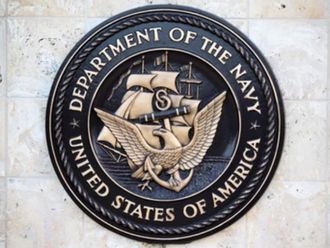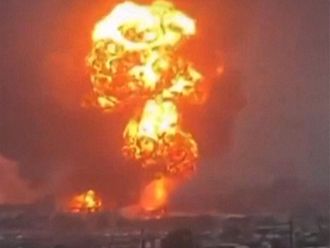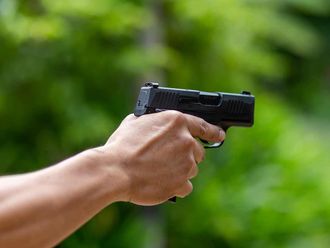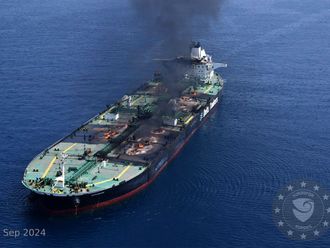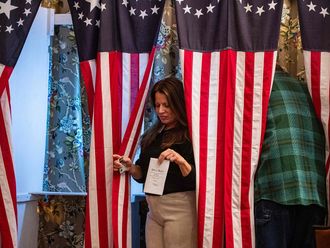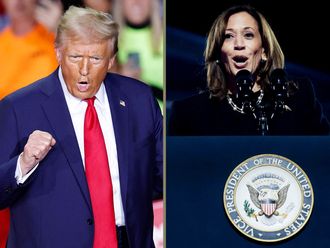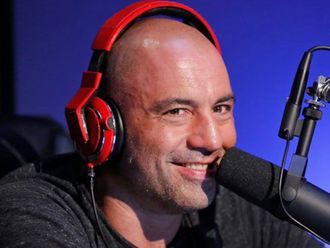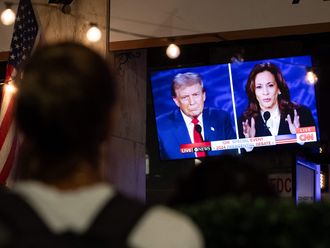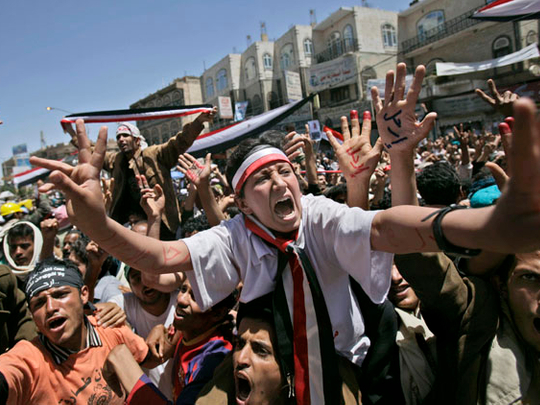
Sana'a: Yemen's parliament has approved a request by the country's embattled president to impose emergency law for 30 days, the latest sign that Ali Abdullah Saleh intends to cling to power in the face of a popular uprising demanding his ouster.
The adoption of the request Wednesday was a virtual certainty because Saleh's ruling party dominates the 301-seat legislature.
The law gives security forces far-reaching powers to arrest and detain suspects, suspends the constitution, allows media censorship and bars street protests.
Saleh on Tuesday offered to step down by the year's end, but the opposition rejected his offer.
He has also warned that the country would slide into civil war following the defection of senior army commanders to the opposition.
The lawmakers' approval of Saleh's request for 30 days of emergency law followed the call by opposition groups for protesters to march on President Saleh's Sana'a palace on Friday to demand he step down, hoping to end a crisis that his allies abroad fear will benefit Islamic militants.
"Friday will be the 'Friday of the March Forward', with hundreds of thousands of people...We will arrive where you are and we will remove you," opposition spokesman Mohammad Qahtan told Al Jazeera on Wednesday, addressing the beleaguered Yemeni leader.
Seven weeks of street protests against Saleh's 32-year rule of the impoverished Arabian Peninsula state has raised alarm in Western capitals at the prospect of a country where Al Qaida has entrenched itself falling apart.
Yemen borders the world's biggest oil exporter, Saudi Arabia, and major shipping routes. Al Qaida cells in Yemen have managed over the past two years to attempt brazen attacks outside Yemeni soil in Saudi Arabia and the United States.
Complaining of marginalisation, southerners have said they want to secede from Saleh's Yemen and northern Shiites have staged several rebellions against the perennial survivor, now in the biggest fight of his political life.
Long backed by Arab and Western countries as the strongman holding the fractious tribal country together, Saleh is raising the spectre of civil war and disintegration if he is forced out in what he says would be a coup.
A wave of defections among the ruling elite has reached senior military commanders, including General Ali Mohsen, commander of the northwest military zone and Saleh's kinsman from the Al Ahmar clan.
"Those who want to climb up to power through coups should know that this is out of the question. The homeland will not be stable, there will be a civil war, a bloody war. They should carefully consider this," Saleh told army commanders on Tuesday.
Tension among rival military forces has led to violence.
Presidential guards - a force commanded by Saleh's son Ahmad - surrounded an air force battalion in the coastal city of Hudaida after its commander said he supported the protesters.
A presidential guard and a soldier died in clashes between the two forces in the southern coastal city of Mukalla late on Monday, medical sources said.
What next after Saleh?
The United States, grappling with the diplomatic fallout of uprisings and uncertainty across the Arab world, voiced rare public alarm about the situation in Yemen and the possible fall of someone seen as an ally in the fight against Al Qaida.
"We are obviously concerned about the instability in Yemen," US Defence Secretary Robert Gates said. His chief concern was to avoid "diversion of attention" from opposing Al Qaida there.
With inputs from agencies


